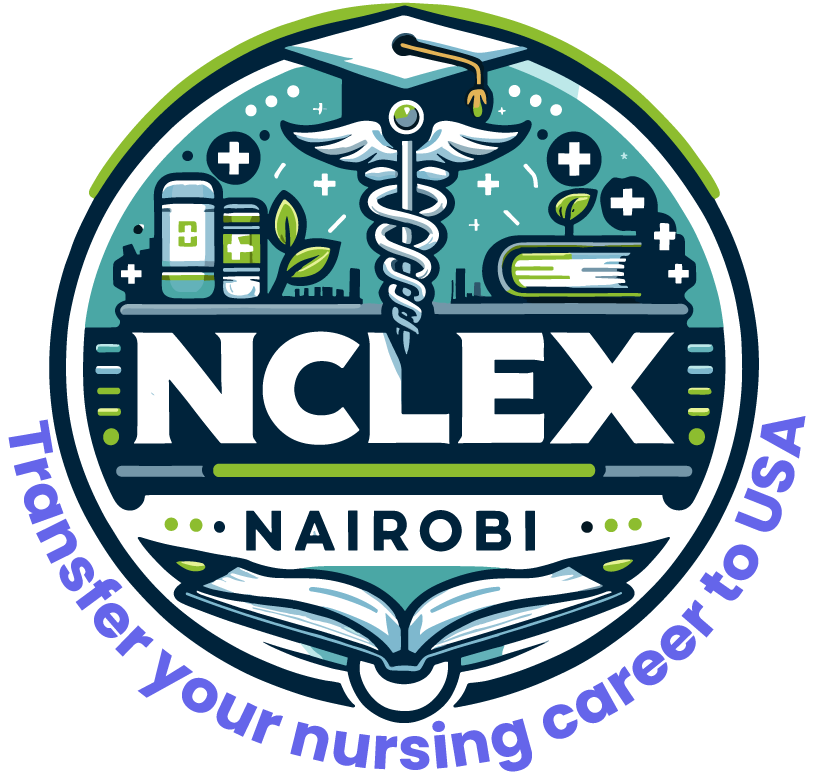
Embarking on a nursing career is a path filled with challenges, learning, and immense satisfaction. The journey begins with the National Council Licensure Examination (NCLEX), a pivotal step that every aspiring nurse must navigate. This exam not only tests your knowledge and skills but also marks the transition from nursing student to healthcare professional. However, the journey doesn’t end with passing the NCLEX; it’s merely the first step in a lifelong career filled with opportunities for growth and advancement.
Starting with the NCLEX
The NCLEX is designed to ensure that each nurse entering the profession has the required knowledge and ability to provide safe, effective patient care. Preparation for this exam involves rigorous study, often with a focus on critical thinking and the practical application of nursing knowledge. Success in the NCLEX opens the door to your first role as a licensed nurse, setting the foundation for your future career.
Entering the Professional World
Securing your first nursing role is an exciting milestone. This initial position is crucial, as it provides hands-on experience in patient care, teamwork, and the dynamics of healthcare settings. Early career nurses often discover their interests and strengths during this time, which can guide their choices in specialization and further education.
Continuing Education and Specialization
The field of nursing values continuous learning and specialization. Many nurses choose to pursue further education, such as a Bachelor of Science in Nursing (BSN), Master of Science in Nursing (MSN), or doctoral degrees. These qualifications can lead to specializations in areas like pediatrics, oncology, or critical care, allowing nurses to focus on the aspects of healthcare they are most passionate about.
Advancement to Leadership and Advanced Practice
With experience and further education, nurses can move into advanced practice roles such as Nurse Practitioners (NP), Clinical Nurse Leaders (CNL), Nurse Anesthetists, or Nurse Midwives. These positions involve greater responsibility, including leadership roles, direct patient care, and the ability to prescribe medication. Nurses in these roles significantly impact patient outcomes and the broader healthcare landscape.
The Role of Networking and Professional Development
Networking plays a crucial role in a nurse’s career advancement. Building relationships with peers, joining professional organizations, and attending conferences can lead to mentorship opportunities, collaborative projects, and insights into emerging healthcare trends. These connections can also open doors to new career opportunities and paths.
Balancing Work and Personal Life
As nurses progress in their careers, maintaining a balance between professional responsibilities and personal life becomes increasingly important. Strategies for self-care, time management, and setting boundaries are essential for long-term career satisfaction and personal well-being.
Embracing the Future of Nursing
The nursing profession is continually evolving, driven by advances in medical technology, changes in healthcare policies, and the growing complexity of patient care needs. Staying informed about these changes and adapting to new roles and technologies is crucial for career advancement.
Conclusion
The journey of a nurse from NCLEX to career advancement is a testament to the dedication, resilience, and passion inherent in the nursing profession. Each step offers opportunities to learn, grow, and make a meaningful impact on patients’ lives. By embracing continuous learning, seeking opportunities for advancement, and maintaining a balance between work and personal life, nurses can navigate a rewarding career path that evolves with the changing landscape of healthcare.
